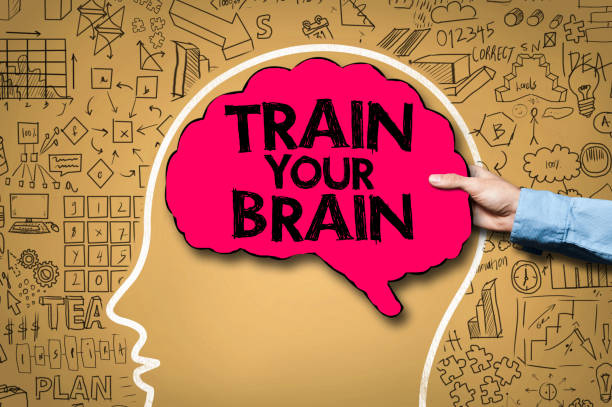Treating mental health disorders like anxiety and depression can be difficult. Medications help but they have awful side effects and they become ineffective over time. What many people have overlooked is that exercise can improve mental health. It’s effective, inexpensive and you don’t have to worry about any bad side effects.
We’ve long known the physical health benefits of exercise. But in more recent times, researchers are making progress in understanding how it benefits our brain and mental health.
Exercise has profound effects on the structure of the brain particularly in regions most affected by mental diseases like depression and schizophrenia. Moreover, it provides other subtly therapeutic benefits like improved focus, a sense of accomplishment and social stimulation. Even moderate physical activity, like walking, can have a great effect on our mental health.
A Tool Against Depression
Some of the significant proofs of the mental benefits of exercise revolves on its effect on depression. While antidepressant medications take weeks (or even months) to show their full effect, exercise can work its magic almost immediately making it a viable supplement to depression treatment. Besides, exercise may be able to counteract some of the negative side effects of antidepressants including weight gain.
A Healthy Brain
Scientists have extrapolated a few ideas that may explain the benefits of exercise to our mental health, and for the most part, it doesn’t seem to have much to do with muscular strength or cardiovascular fitness.
They’ve pointed to the possibility that exercise buffs up the brain just as it does the body. When you exercise, it triggers the release brain-derived neurotrophic factor (BDNF) a protein that encourages the growth of cells in various regions of the brain including the hippocampus, which is in charge of your memory and learning. The hippocampus has been found to be smaller in people suffering from anxiety, depression, and schizophrenia, so by boosting BDNF it may be able to manage these conditions. In fact, some antidepressant medications work by increasing BDNF production and that is exactly what you’d get with exercise.
Engaging the Mind and Moving the Body
Aside from changing the brain’s structure with exercise, there are other ways it can prove beneficial to our mental health. For one, the habit of exercise itself can change our thought patterns. For people suffering from mental health problems, simply doing something can distract them and keep their attention focused on something else besides their condition.
Regular workouts also give you a sense of progress as your fitness and strength improves. Having a sense of fulfillment or accomplishment can help offset the burden of depression and anxiety.
In this regard, exercise is a way of coping just as learning a new hobby or a new language. But what makes it better is that it teaches people to deal with short-term discomfort so they can have an even bigger long-term gain.
Using exercise as a treatment for mental also has its share of challenges. People with mental disorders are also likely to be struggling with low motivation which make it increasingly difficult to stick with an exercise program especially if they don’t get enough support from their family, doctors and community.
The key is to not overdo your workouts. When you feel like crap after spending a few hours at the gym, you will not want to do it again. It’s far better to stop when you’re still feeling good from the workout. Light activities like brisk walking on a treadmill may be a good place to start if the goal is to help manage depressive symptoms.
Watch this video if you want to know more about how exercise helps with brain health:
